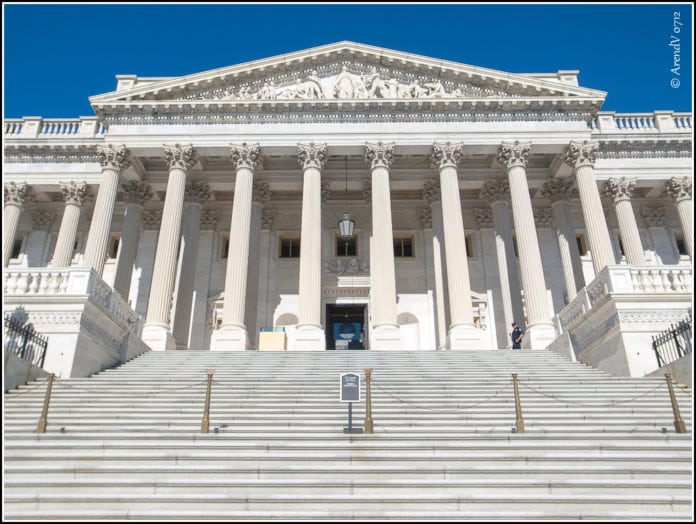Efforts to repeal and replace the Affordable Care Act (ACA) are back after several months of no action, and the latest health care reform legislation could have an impact on the home health care industry if it prevails.
The bill, which is being called the Graham-Cassidy bill after two of its sponsors, Sens. Lindsey Graham (R-S.C.) and Bill Cassidy (R-La.), is considered to be the last-ditch effort for Senate Republicans to put forth health care reform under the reconciliation period, which allows budget-related legislation to usurp filibuster and pass with a simple majority vote. The reconciliation period ends Sept. 30.
While the bill was introduced on Sept. 13, it maintains several measures similar to previous repeal and replace efforts by Republicans seen earlier this year.
Namely, it could cut hundreds of billions of dollars in Medicaid by shifting the program to per capita caps and ending the ACA’s Medicaid expansions, which many states accepted. Medicaid expansion has increased access to home health and personal care services for many Americans, and provided access to health care coverage to 500,000 direct care workers, according to data from the Paraprofessional Healthcare Institute (PHI).
Home health stakeholders argue that cutting funding could limit the already tight labor market for caregivers and force more seniors into institutional care settings.
At this point, it is unclear how much the bill would reduce Medicaid spending or impact the number of Americans insured, as it has not been scored by the Congressional Budget Office (CBO), a nonpartisan analysis agency. CBO aims to have a preliminary assessment of the bill early next week, when the legislation could be brought to the Senate floor for a vote. The agency stated a full analysis of the Graham-Cassiy bill would take several weeks.
Previous Republican bills were estimated to cut as much as $800 billion in Medicaid funding over a ten-year period. Those proposed cuts were met with outcry from the home health care industry and other health care provider groups.
Proponents of the bill say it allows states to run their own Medicaid programs with block grants.
An analysis of the bill by Avalere Health revealed that some states with higher-priced medicine and more generous benefits for Medicaid beneficiaries would likely lose billions of dollars in funding, while other states with tight benefits and eligibility rules would gain funding, The Washington Post reported.
The bill seemed to gain traction since being introduced, though it was still unclear if enough Republican senators would vote for it. President Trump has stated he will sign it into law, and no Democrats are expected to approve the legislation.
Written by Amy Baxter




